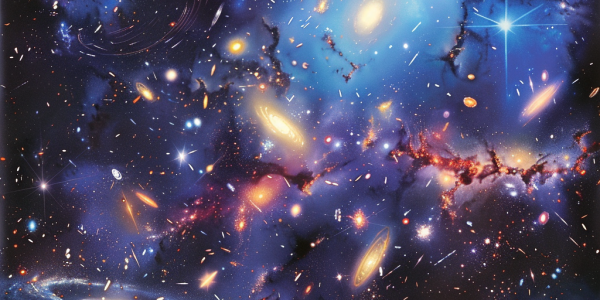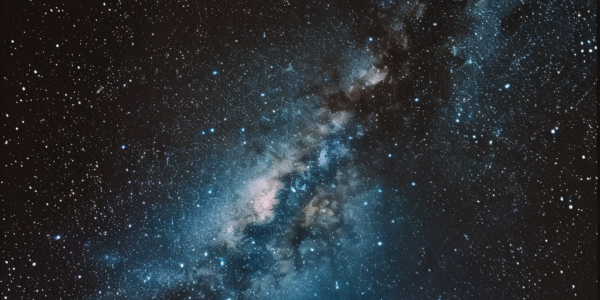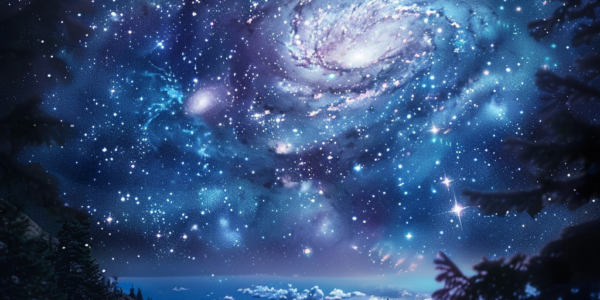JWST Findings Challenge Timeline of Universe’s Reionization Epoch
Recent findings from the James Webb Space Telescope challenge established theories on the epoch of reionization, suggesting it may have ended 350 million years earlier than previously thought. This pivotal period, marked by the formation of the first stars and galaxies, plays a crucial role in our understanding of cosmic evolution. Discover how these groundbreaking observations are reshaping our knowledge of the universe’s infancy.
Cosmic Mystery: The Convergence of Universe’s Expansion Rate
The Hubble constant, which measures the rate of the universe’s expansion, has been a controversial number in cosmology for years. However, it seems that the two main methods of measuring the expansion rate are now converging, bringing us closer to resolving this cosmic mystery. Recent developments indicate that the further galaxies are from Earth, the faster they are moving away from us, with significant implications for our understanding of the universe and its evolution. These findings suggest that we may be on the brink of solving one of the most significant open questions in physics.
Is the Universe Destined to Repeat its Beginning?
Is the end of our Universe destined to mirror its beginning? Sara Wright poses this thought-provoking question, wondering if the current state of the Universe, dominated by dark energy, could lead to a new cosmic event akin to the Big Bang. The concept of cyclic repetition raises the intriguing possibility of the cosmos following a similar pattern, prompting speculation about the potential connection of dark energy to the initial inflationary state. Could the current presence of dark energy signify that the Universe is in a false vacuum state, and if so, what implications does this hold for the future? Cosmic inflation theory suggests that from a pre-existing state, a series of independent universes could be spawned as inflation persists, each existing in isolation from the others. As we ponder the fate of our Universe, the parallels between its birth and a potential future rebirth offer a captivating avenue for exploration.



